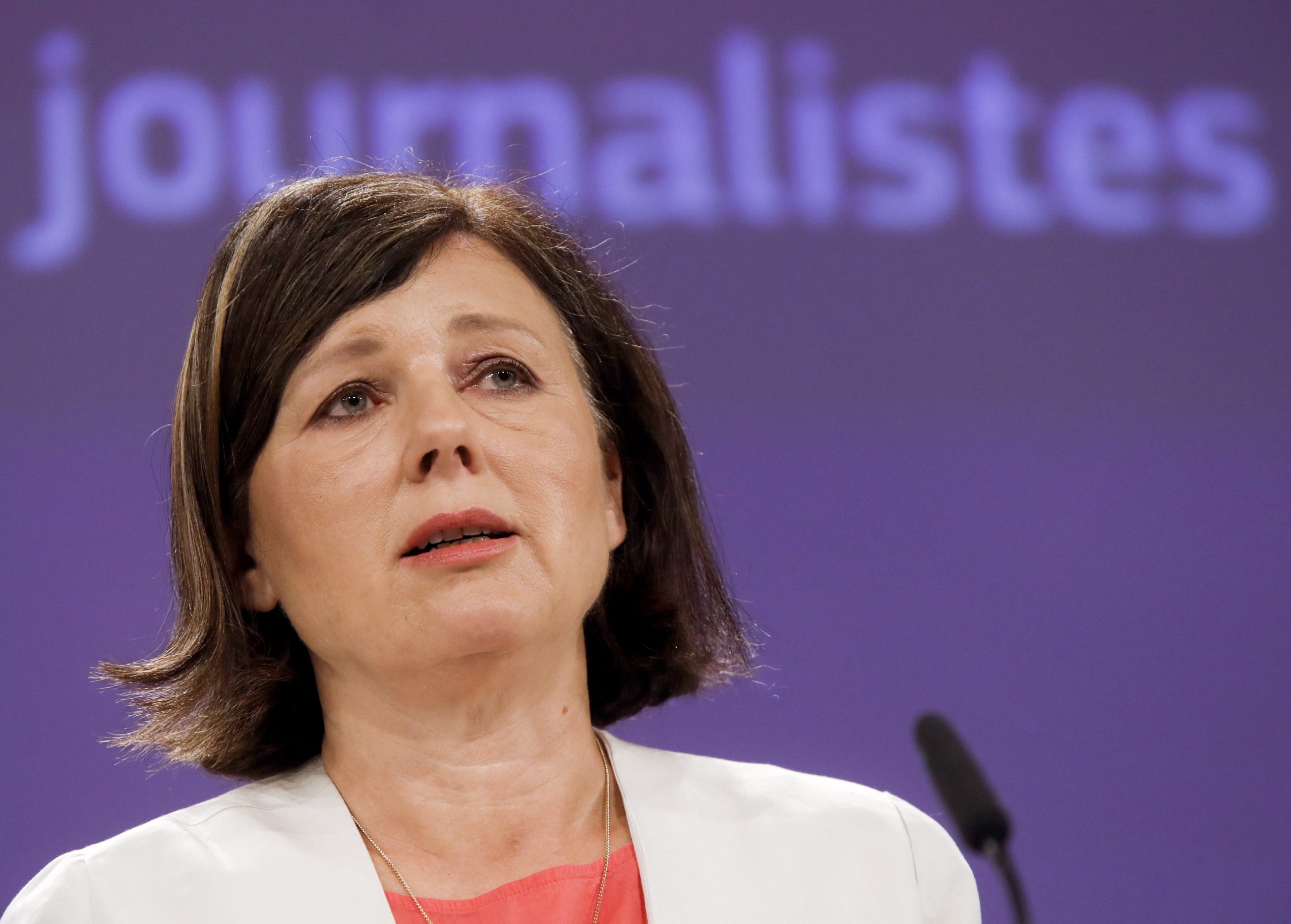
"The alert warns the user that they are a potential target for a follow-up attack, so it's time to take security measures," the director of Google's Threat Analysis Group, Shane Huntley said.Continue reading

With the support of the European Commission, Magyar Jeti Zrt, publisher of 444.hu and Qubit, is launching a Hungarian fact-checking site in cooperation with French news agency AFP. The project is set to combat fake news and misinformation and aims to reinforce media literacy.
The Hungarian Digital Media Observatory (HDMO) will be linked to the European Digital Media Observatory (EDMO), which is supported by the EU but would operate as an independent institution.
As part of the strategy to fight against fake news and disinformation, the European Commission launched a bid last year for the creation of additional, national digital media groups to complement EDMO’s work. This was won by a consortium led by French news agency AFP.
Magyar Jeti Zrt., publisher of liberal news site 444.hu and scientific page Qubit, will be responsible for the Hungarian edition.
Hungary’s first dedicated fact-checking site will be run by an independent editorial team with original content, and team members will be trained by AFP’s staff.
Direkt36‘s Blanka Zöldi will head the editorial team (who is known for her investigative work into the Fidesz-government’s controversial settlement bond program and of her involvement in several international fact-finding projects, including Paradise Papers and Pandora Papers investigations). Left-wing portal Mérce‘s former editor-in-chief, Nóra Diószegi-Horváth, and 444.hu’s Eszter Neuberger will also join the staff.
The European Commission (EC) will come forward with the media freedom act, an effort to better defend media pluralism and press freedom in Europe, according to remarks EC Vice-President Vera Jourová made at the European Parliament’s Committee on Culture and Education (CULT) on Tuesday.
The new rules will be based on the single market, meaning it will focus on the private sector and attempt to defend pluralism through increased transparency, and scrutinizing ownership.
The Brussels body has had to face a lot of criticism over recent years for failing to take meaningful steps to curb the increasing frequency and ferocity of attacks on press freedom in several European countries, according to left-wing daily Népszava‘s report. Commissioners were generally pointing to a lack of competence when rejecting criticism, and Jourová has made it clear that the Community can only use the powers it has been given and that it intends to use them to the fullest.
The draft proposal of the bill is expected to be made ready by next summer.
At this recent speech of hers, besides Poland and Slovenia, Jourová specifically brought up Hungary as a bad example.
We have seen many attempts by governments to interfere in the media, undermine their independence, and therefore distort the market (…) The creation of KESMA, this foundation bringing together hundreds of pro-government media outlets in Hungary and now receiving most of the state advertising in the country. It is difficult to see how any new player, national or from another European country, could thrive in such an environment,”
she said.
Commenting on the European Commission’s decision to select news portal 444.hu to join a project to help fight disinformation in Hungary, the head of the Prime Minister’s Office, Gergely Gulyás, said the EC’s “interference in domestic political affairs” could be considered a breach of the EU treaties. “Any form of foreign meddling in a national election is dishonest, especially if it is done by an EU institution which, according to the treaties, doesn’t involve itself in partisan politics,” he added.
featured image: Vera Jourová; image by MTI/EPA/Olivier Hoslet